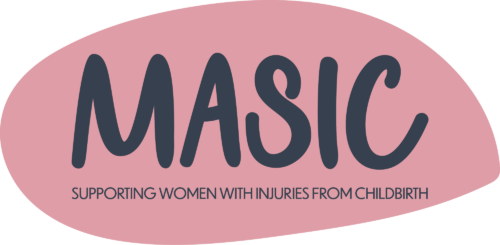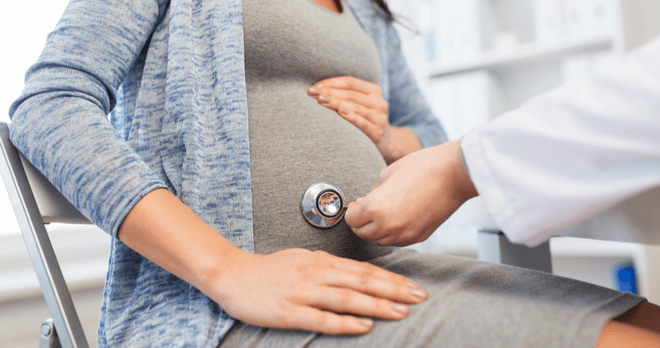Early diagnosis, treatment and support available for perineal tears

A Perineal Tear, is more commonly known as a tear during childbirth, and can occur in up to 9 in every 10 women during their first vaginal birth. They occur in the perineum; a small area between the anus and vagina.
Tears are usually referred to in four different categories; First Degree, Second Degree, Third Degree and Fourth Degree.
First and second degree tears, more often than not, heal quite well and do not usually have an impact on future vaginal births.
Third and fourth degree tears are more significant and are usually deeper, extending to the muscle that controls the anus (the anal sphincter). These tears, or ‘OASI’ (Obstetric Anal Sphincter Injuries), need to be repaired by an experienced surgeon in an operating theatre. These tears can have more of a physical impact on women, particularly if they are not diagnosed and treated quickly. Long term complications can include urinary and faecal incontinence.
Tommy’s, a charity supporting women through all stages of pregnancy and birth, reports that third or fourth degree tears can occur in 6 out of 100 births for first-time mothers.
A rectal buttonhole tear is a tear of tissues between the vagina and the rectum, causing a hole to appear. The anal sphincter itself does not tear but the button hole tear can cause wind and faeces can pass through the vagina.
For most women, the tears they experience are minor and heal quickly. Sadly, that isn’t the case for everyone. For some, these birth injuries can have a life-long impact, physically, emotionally and mentally.
Whilst these injuries are not always avoidable there are things that can be done to reduce the chances of them occurring, or reduce the severity and it is worth discussing this with your midwife.
Importance of early diagnosis and treatment
Women who suffer these birth injuries can recover well if the injury is diagnosed and repaired straight away. The sooner the repair takes place, the more likely it is to be successful.
Buttonhole tears for example, if not diagnosed and repaired properly straight away, can lead to rectovaginal fistulas (which can cause further incontinence symptoms). If too much time is allowed to pass following the injury, the tissues can become swollen and may become infected, making the success of the repair less likely.
In addition, inexperienced attempts at anal sphincter repair may contribute to symptoms of long-term anal incontinence. Generally, surgery to repair a tear will be avoided if it has been several hours since the injury occurred. That is because of the risk of infection and likely failure of the repair long-term. Therefore, as soon as the injury has occurred, the repair needs to take place, to give the injury the best chance of healing. These repairs need to be carried out by an experienced surgeon in theatre, with a colorectal surgeon present, in case their input is needed.
Some women who have suffered perineal tears and whom we represent have undergone repairs too late following childbirth. This has caused the repair to breakdown and fail, leading to ongoing symptoms which can only be managed rather than improved. Those clients have effectively lost the opportunity to regain normal urinary and faecal continence as a result of that repair being diagnosed and treated too late.
Help with the effects of perineal injury
For women who have suffered a perineal tear, there are charities available to offer help and guidance on what to do if you have suffered a birth injury. One such charity is MASIC.
Who are MASIC?

The MASIC Foundation, set up in 2016 by retired Colorectal Surgeon Professor Mike Keighley, advocates for women affected by OASI during childbirth. Their aim is to improve the care given to women during pregnancy and birth to reduce the instances of perineal tears.
Their website offers practical advice and resources for those affected by injury alongside an archive of educational resources for healthcare and legal professionals. MASIC also run face-to-face support groups and have an active community of peer support through online networks.
To contact MASIC please email Birth Injury Support at [email protected] or call the helpline on 0808 1640 8333
Website: www.masic.org.uk
Instagram: @masicfoundation
Facebook: https://www.facebook.com/MASICFOUNDATION/
Twitter: @masic_uk
Threads:@masicfoundation
Contact our team to find out whether we can help you make a claim for compensation.
Call now



